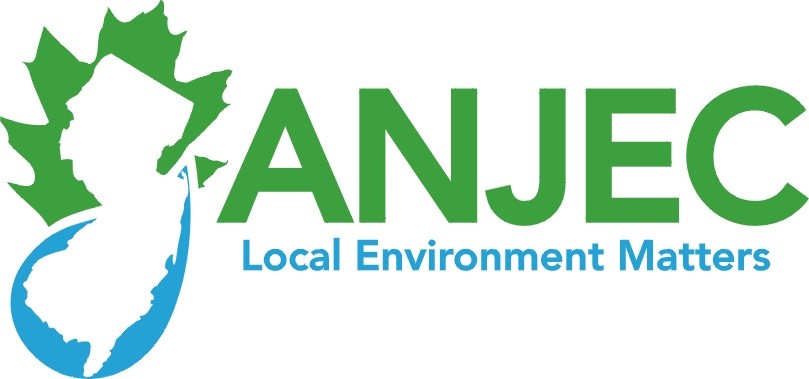
The Association of New Jersey Environmental Commissions (ANJEC) supports municipal environmental commissions, protects, and restores New Jersey’s natural resources. With 51 successful years under its belt, ANJEC continues to empower members to fight global environmental crises with local action. ANJEC’s trainings (workshops, webinars, conferences, etc.), resources (from publications to digital toolkits), financial support via Open Space Stewardship Grants and advocacy have educated, quite literally, a vast army of environmental commissioners (ECs) in all 21 counties in New Jersey. In turn, those ECs educate and help their mayors and governing officials make more informed and protective environmental decisions.
ANJEC’s local actions are strategically planned to culminate in statewide environmental improvements. For example, two years ago, after Governor Murphy vetoed a weak industry-backed plastic bag ban, ANJEC issued a call to ECs across the state to support the adoption of local ordinances banning single-use plastics. After 130 ordinances were adopted, the New Jersey Legislature, with advice and support from ANJEC and other non-profits, passed the strongest Plastic Pollution Reduction Act in the nation, which was signed into law by Governor Murphy on Nov 4, 2020.
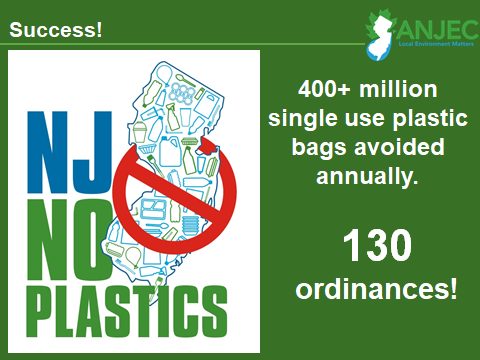
ANJEC also empowers ECs to fight the two faces of the climate crisis – adapting to impacts that we cannot avoid, and reducing emissions to prevent the crisis from escalating. ANJEC regularly offers trainings on using green infrastructure in both policy and practice to manage stormwater runoff, reduce localized flooding, and support pollinator habitat.
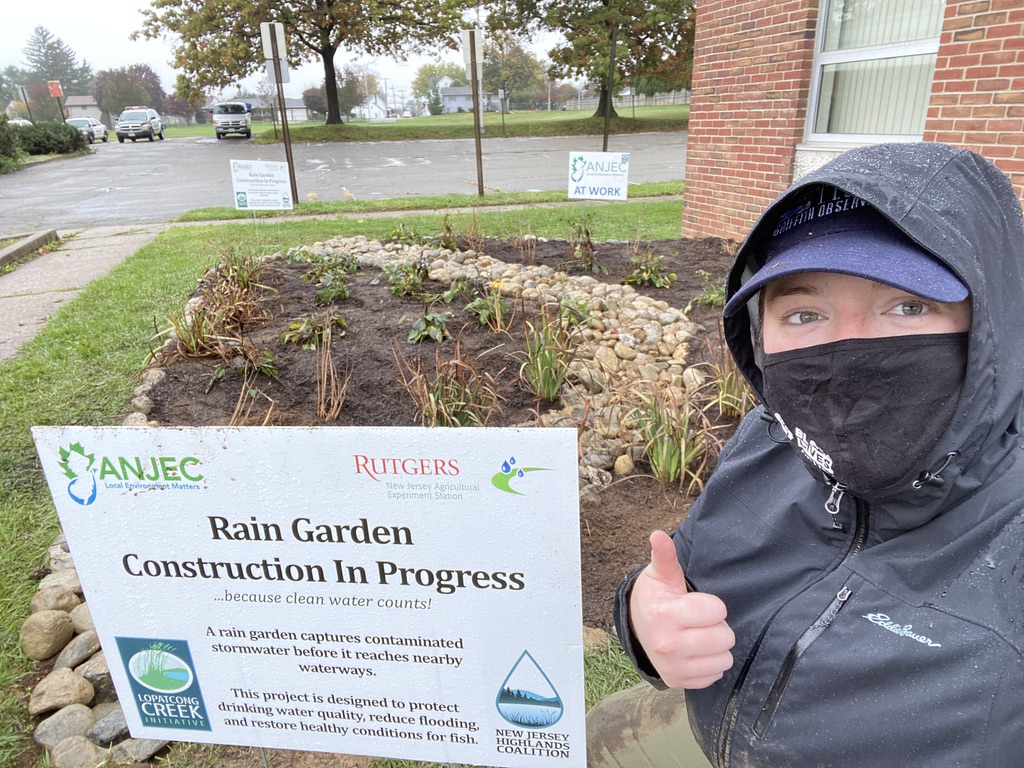
ANJEC advocates for stronger state policy level to reduce climate crisis causing greenhouse gas emissions. ANJEC supports the increased use of renewable energy production, namely wind energy and responsible sighting of solar installations. ANJEC works with ECs to improve local development requirements and support the use of electric vehicles. As a founding member of ChargEVC, which is a not-for-profit trade and research organization comprised of a community of stakeholders, ANJEC promotes electric vehicle (EV) use and infrastructure build-out. Having a network of convenient e-charging stations, incentives for EV purchasing/leasing and advancement in battery storage capacity are critical components necessary to accelerate EV adoption, and reduce fossil fuel consumption.
True to its 1960s “think globally, act locally” roots, ANJEC and ECs also serve the hyper-local needs of individual communities. The work of ANJEC members includes holding educational eco-fairs, paper recycling shred fests, recycling workshops and initiating their own projects. Annually, ANJEC offers Open Space Stewardship grants to provide financial support for EC initiatives. ANJEC grants are the seed monies for projects such as creating community and pollinator gardens, trail enhancements and signage, waterfront clean-ups and invasive species removal.
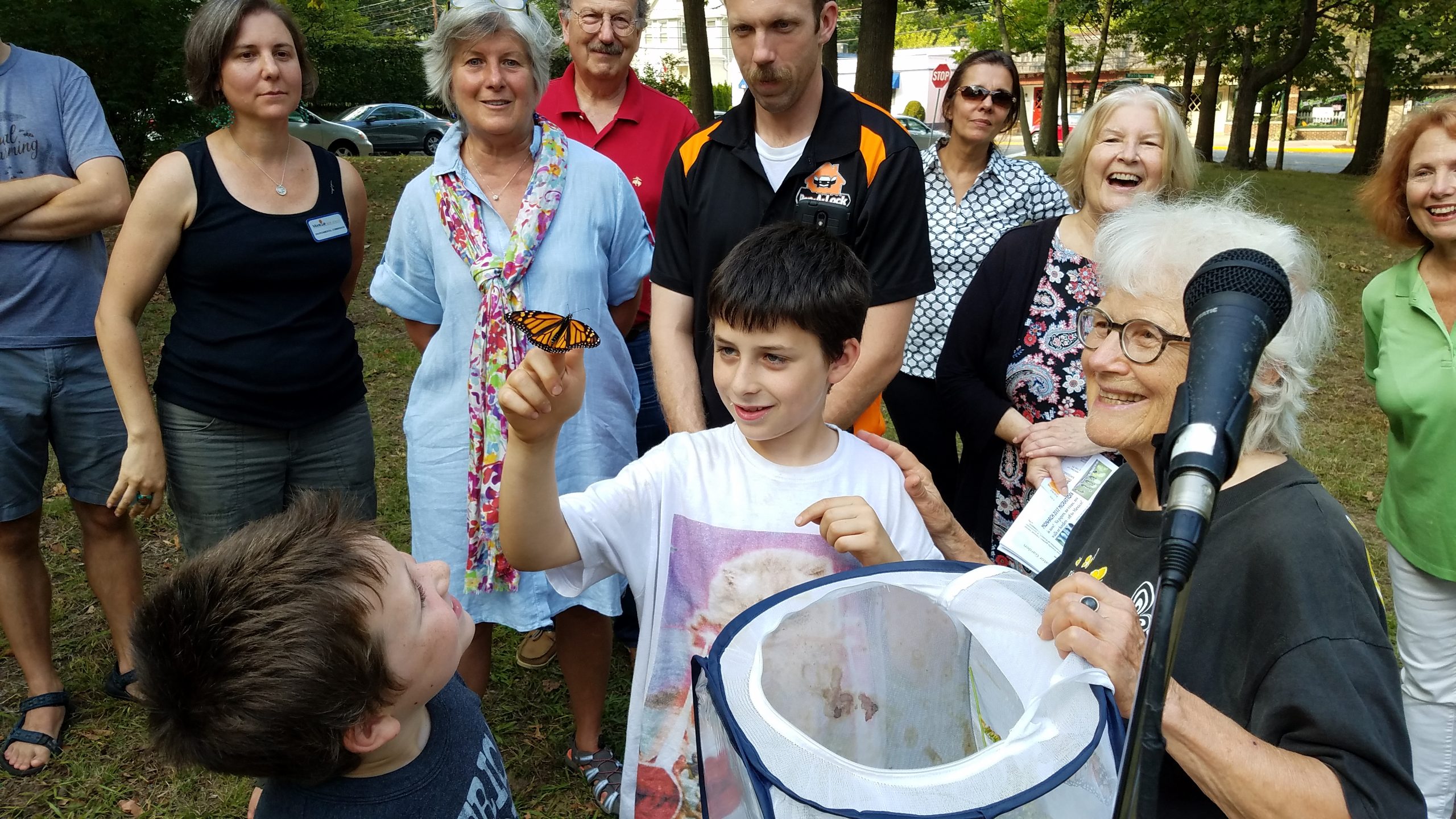
Protecting natural resources from the impacts of development and redevelopment is a herculean task in the most densely populated state in the nation. New Jersey is projected to reach build-out, whereby all land will be built upon or preserved, before 2050. ANJEC’s spring training courses for EC members focuses on how to read site plans and walk the properties to determine possible environmental impacts and suggest alternatives. Some ECs have taken the further step of creating a green building checklist that is part of every development packet. The document requests the developer to specify the energy conservation/renewable energy plans and products, such as LED lighting, solar panels, and better water management products and practices such as low flush toilets, reduction of impervious surfaces, use of green infrastructure, etc.
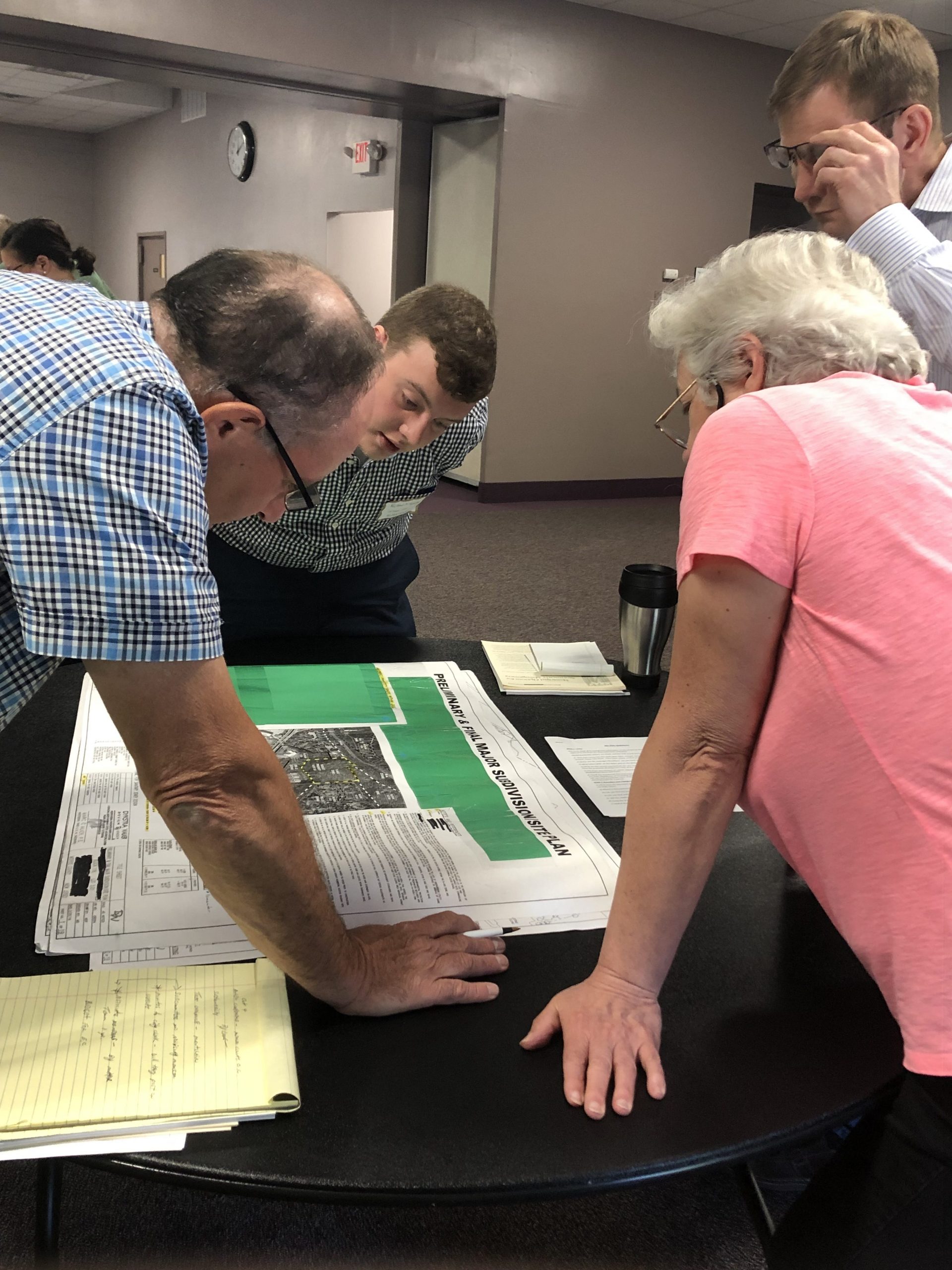
If you would like to learn more about your municipality’s environmental issues and projects, your local environmental commission holds monthly meetings open to the public (currently on Zoom). The contact information for the meeting is usually on your town’s website. If you are having trouble finding it, just reach out to ANJEC’s Resource Center (info@anjec.org) and they will help you with this, and any other environmental questions. To learn more about ANJEC, visit their website at www.anjec.org and/or follow them on Facebook and Twitter.